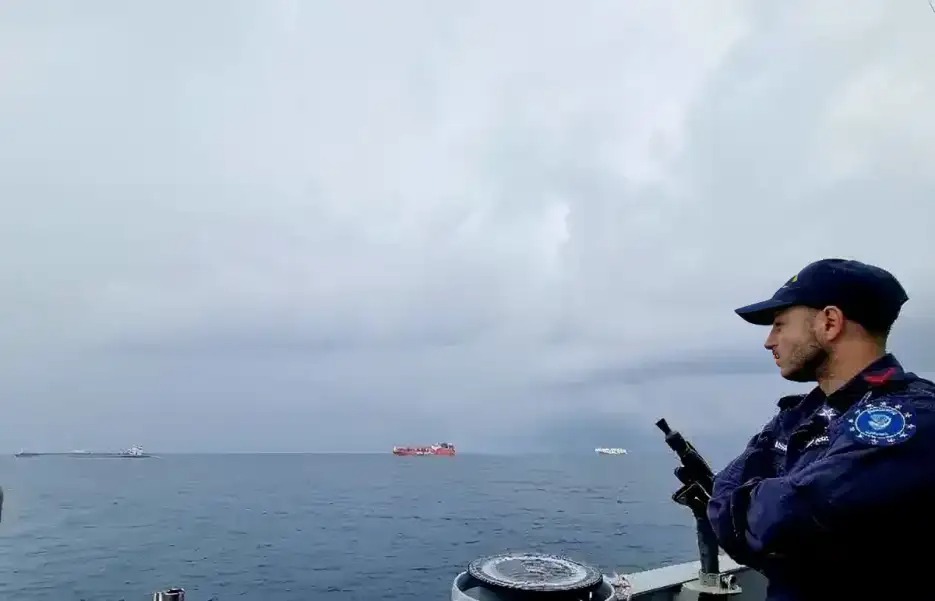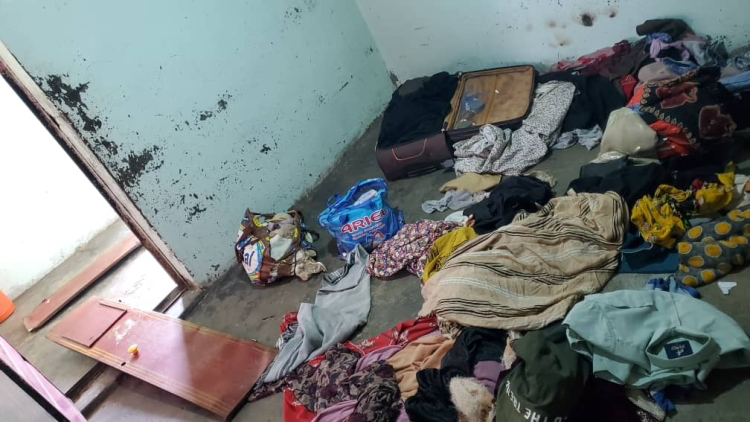
Barran Press
A new analysis from the Carnegie Endowment for International Peace criticizes the European Union's approach to the conflict in Yemen, particularly its handling of Houthi rebel activity in the Red Sea. The report, authored by Ibrahim Jalal and translated by Bran Press, asserts that Operation Aspide, the EU's mission to protect international navigation in the Red Sea, has failed to deter Houthi aggression and restore pre-conflict levels of maritime security.
Jalal argues that both Operation Aspide and Operation Irini have not only failed to restore freedom of navigation through the Bab el-Mandeb strait but are unlikely to succeed in doing so. He attributes this failure to a misunderstanding of Houthi ideology and their Iranian-backed project, which has transformed Yemen's maritime borders into an international battleground, risking long-term militarization of the region.
The report highlights the short-term and limited nature of Operation Aspide, suggesting that participating EU member states primarily aim to address the symptoms of Houthi activities rather than their root causes. The operation, Jalal contends, has not focused on weakening Houthi capabilities or supporting the internationally recognized Yemeni government to redress power imbalances. He views the operation's record as an implicit acknowledgment of past Western miscalculations, stemming from years of largely ineffective appeasement and containment policies.
Jalal further criticizes the lack of Western political will to align with the security priorities of Gulf Arab states when the Arab Coalition was formed to counter the Houthis a decade ago, complicating collective efforts to contain the crisis.
The report proposes a two-pronged approach for the EU: First, a reassessment of its support for peace processes in Yemen, arguing that these processes often concede too much to the Houthis without prioritizing negotiations on arms control, particularly regarding the Houthis' possession and Iranian supply of conventional and unconventional weapons. Second, the EU should provide strategic support to the internationally recognized Yemeni government as a long-term security partner in the Red Sea and the Arabian Sea. This includes deepening partnerships to address power imbalances and investing in the capacity building of the Yemeni Coast Guard.
Jalal acknowledges that back-channel talks involving the US, Iran, and the Houthis will likely continue to attempt to halt Houthi attacks in the Red Sea, contingent upon regional de-escalation conditions set by Iran. However, he warns that this will not prevent future crises, as maritime trade will remain hostage to the Houthis and Iran as a bargaining chip.
The report points to the Houthis' control of the port city of Hodeidah, facilitated by the 2018 Stockholm Agreement, as a strategic error that has allowed them to maintain access to illicit weapons and launch attacks. Jalal argues that had the UAE-backed Yemeni government's fight for Hodeidah received international support, the Houthis would have been deprived of vital resources.
While acknowledging that Houthi attacks on maritime trade intensified during the Gaza war, Jalal notes that such attacks began in 2016, highlighting the potential for recurring maritime crises if the Houthis retain control of northwestern Yemen amidst regional instability. The report concludes that a fundamental shift in EU strategy is necessary to achieve a stable and secure Yemen.





